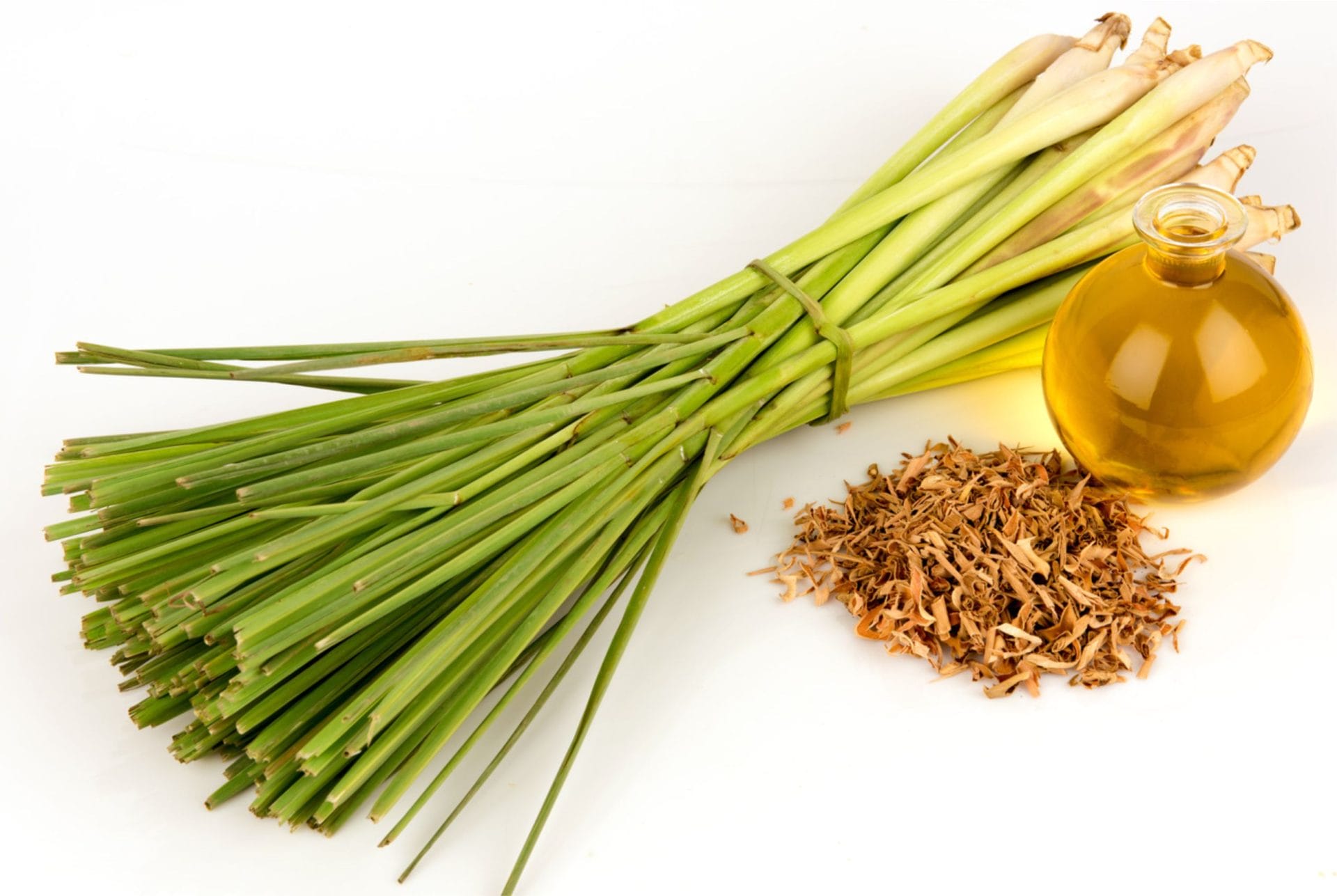Exploring potential cancer fighting properties with Lemongrass. Within its fragrant leaves lies a possibility that transcends the culinary realm – the potential to aid in the fight against cancer.
While studies have investigated compounds like citral in lemongrass for their potential anticancer effects, the journey towards understanding its role is still underway. Let’s explore lemongrass’s potential cancer-fighting properties, and shed some light on the progress and potential of this intriguing research.

A Glimpse into Lemongrass’s Cancer Fighting Properties
The Role of Citral:
One of the compounds that have attracted attention in lemongrass is citral, which contributes to its lemony aroma. Citral has been studied for its potential anticancer effects, with laboratory and animal studies suggesting that it might inhibit the growth of cancer cells and promote apoptosis (cell death) in certain types of cancer cells.
Exploring Antioxidant and Anti-Inflammatory Attributes:
Lemongrass’s potential cancer-fighting prowess might also be attributed to its antioxidant and anti-inflammatory properties. These properties could help counteract oxidative stress and chronic inflammation, factors that play a role in the development of cancer.

A study by Siyaram Pandey in the Department of Chemistry and Biotechnology at the University of Windsor
The research into the potential anticancer effects of a specific compound found in lemongrass, known as LG. The research focused on its impact on colon cancer cells, both those with a functional p53 gene and those without.
The remarkable aspect was that LG triggered a process called apoptosis, or programmed cell death, in these cancer cells while leaving normal cells relatively unaffected. It achieved this by increasing the production of reactive oxygen species (ROS) and causing disruption in the mitochondria, which are the energy centers of the cells.
One of the most exciting findings was that when LG was administered orally to mice with human colon cancer tumors, it significantly reduced tumor growth.
Additionally, when LG was combined with the chemotherapy drug FOLFOX, it not only enhanced the drug’s effectiveness but also lessened its negative side effects. Furthermore, the study revealed that LG might even have a role in preventing the initial formation of tumors in mice that are predisposed to colon cancer.
In essence, this research suggests that LG holds significant promise as an anticancer agent. Its ability to induce cancer cell death while sparing healthy cells is particularly noteworthy. Additionally, its positive interaction with existing chemotherapy drugs and potential for preventing tumor development make it an exciting avenue for further exploration in cancer treatment and prevention strategies.
The Need for Further Research:
While the initial findings are promising, it’s important to note that more comprehensive research is needed to truly understand the extent of lemongrass’s potential in cancer prevention and treatment. Most of the studies conducted so far have been in laboratory settings or on animals, and clinical trials on humans are necessary to validate these findings.

Studying Lemongrass’s Potential:
Laboratory Studies:
In laboratory settings, researchers have explored the impact of lemongrass and its compounds on various cancer cell lines. These studies have provided insights into the mechanisms through which lemongrass components might affect cancer cells.
Animal Studies:
Some animal studies have shown promising results in terms of inhibiting tumor growth and promoting cancer cell death. These findings serve as a foundation for further investigation.
Moving Forward: The Quest for Clarity:
As we navigate the realm of lemongrass’s potential cancer-fighting properties, it’s essential to recognize that research is an evolving journey. While preliminary studies are encouraging, they represent just the beginning. Rigorous clinical trials are required to ascertain whether lemongrass could become a viable complementary approach to cancer prevention and treatment.
Concluding Thoughts: Lemongrass’s Potential Unfolding
Lemongrass’s journey from the kitchen to the laboratory holds promise, but it’s crucial to exercise caution and patience. While compounds like citral hint at lemongrass’s potential anticancer effects, comprehensive research is ongoing.
As we await further insights, remember that EarthSential’s Lemongrass Oil All Purpose Cleaner offers you a tangible way to embrace the essence of lemongrass in your daily life. In the quest for knowledge and wellness, consider how lemongrass could be an ally in a holistic approach to health.

Purchase here…
EarthSential
All Purpose Cleaners:
Each designed to bring a touch of natural freshness and cleaning power to your home.
Available in: Clove, Lavender, Lemongrass, Peppermint & Orange.
All Purpose cleaners ,perfect for kitchen and bathroom counters, floors, furniture, and even pet items. With powerful cleaning abilities, they effectively remove stains and dirt, leaving surfaces sparkling clean.
We prioritize your well-being and the health of our planet.
That’s why our products are carefully crafted to be non-toxic, ensuring a safe and healthy cleaning experience for you and your family.
Related Articles:
![]()
Clove Oil and Cancer

Separating Fear from Facts
by Bonnie Pellerin Ι June 27, 2023 Ι 4 Min Read
Cleaning with Care:

Essential Tips for Cancer Patients and Caregivers
by Bonnie Pellerin Ι June 6, 2023 Ι 3 Min Read
Related Stories from
The Bug-Banishing Benefits of Lemongrass:

Your Ultimate Natural Defense
Get the EarthSential Newsletter
Good deals, great advice & essentially necessary.






